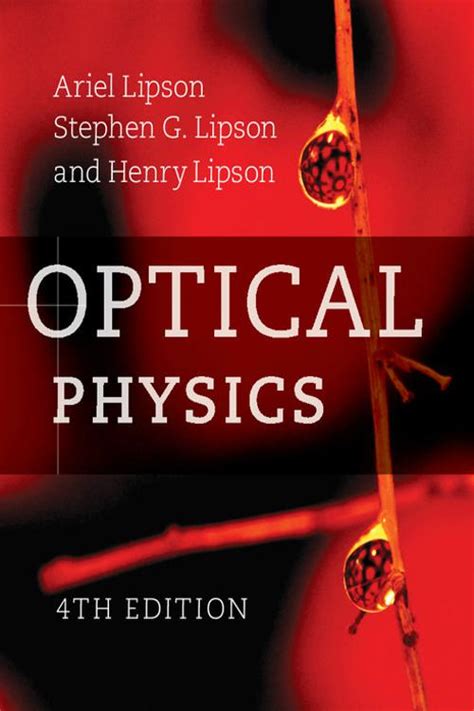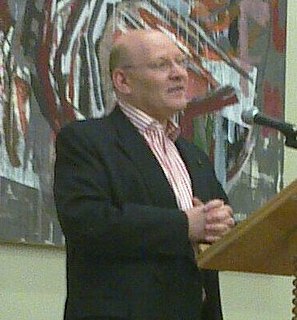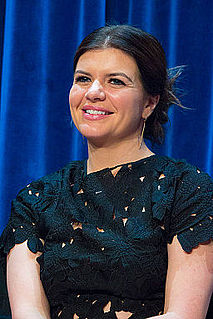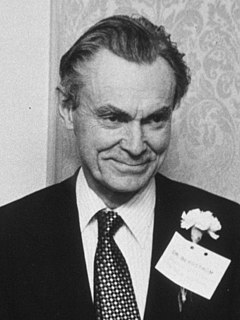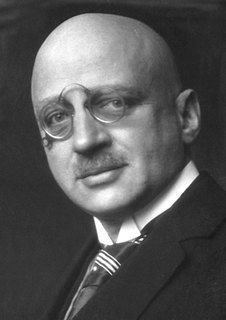A Quote by Stanley B. Prusiner
While it is quite reasonable for scientists to be skeptical of new ideas that do not fit within the accepted realm of scientific knowledge, the best science often emerges from situations where results carefully obtained do not fit within the accepted paradigms.
Related Quotes
The reality is that while heliocentrism was discussed and often accepted within Catholic circles - it was effectively the only place where it could be - the more traditional view of the solar system still prevailed even among leading scientists. So it's hardly surprising that Galileo's Catholic judges had difficult accepting his views, especially when they saw themselves as defending scientific orthodoxy and were supported in this by the scientific establishment.
Darwin's book, On the Origin of Species, was published in 1859. It is perhaps the most influential book that has ever been published, because it was read by scientist and non- scientist alike, and it aroused violent controversy. Religious people disliked it because it appeared to dispense with God; scientists liked it because it seemed to solve the most important problem in the universe-the existence of living matter. In fact, evolution became in a sense a scientific religion; almost all scientists have accepted it and many are prepared to 'bend' their observations to fit in with it.
The traditional boundaries between various fields of science are rapidly disappearing and what is more important science does not know any national borders. The scientists of the world are forming an invisible network with a very free flow of scientific information - a freedom accepted by the countries of the world irrespective of political systems or religions. ... Great care must be taken that the scientific network is utilized only for scientific purposes - if it gets involved in political questions it loses its special status and utility as a nonpolitical force for development.
The field of scientific abstraction encompasses independent kingdoms of ideas and of experiments and within these, rulers whose fame outlasts the centuries. But they are not the only kings in science. He also is a king who guides the spirit of his contemporaries by knowledge and creative work, by teaching and research in the field of applied science, and who conquers for science provinces which have only been raided by craftsmen.
Science is much more than a body of knowledge. It is a way of thinking. This is central to its success. Science invites us to let the facts in, even when they don't conform to our preconceptions. It counsels us to carry alternative hypotheses in our heads and see which ones best match the facts. It urges on us a fine balance between no-holds-barred openness to new ideas, however heretical, and the most rigorous skeptical scrutiny of everything - new ideas and established wisdom.
We must take the abiding spiritual values which inhere in the deep experiences of religion in all ages and give them new expression in terms of the framework which our new knowledge gives us. Science forces religion to deal with new ideas in the theoretical realm and new forces in the practical realm.


